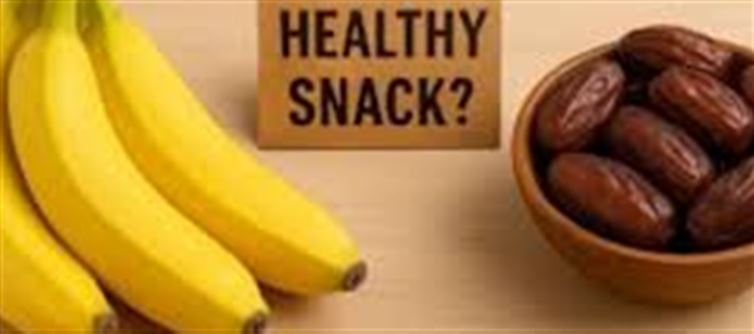
When considering snacks that promote better blood sugar management and support gut health, two popular options often come to mind: bananas and dates. Both fruits offer unique benefits, but determining which one is the superior choice depends on various factors related to your health goals.
Bananas are well-known for their high potassium content, which is vital for heart health and maintaining proper blood pressure levels. They also provide dietary fiber, particularly in the form of pectin, which can help regulate digestion and promote gut health. The glycemic index (GI) of bananas is moderate, meaning they can raise blood sugar levels more slowly compared to high-GI foods. This slow release of sugars can be beneficial for individuals looking to manage their blood sugar levels effectively.
On the other hand, dates are naturally sweet and packed with essential nutrients, including fiber, vitamins, and minerals. They are particularly high in soluble fiber, which is beneficial for gut health as it aids in digestion and supports the growth of healthy gut bacteria. However, dates have a higher glycemic index compared to bananas, which means they can cause a quicker spike in blood sugar levels. Therefore, while they provide a quick source of energy, moderation is key for those concerned about blood sugar spikes.
In summary, both bananas and dates have their advantages. If you’re looking for a snack that helps maintain stable blood sugar levels while also contributing to gut health, bananas might be the better option. However, if you crave a sweet treat that offers a wealth of nutrients and can be enjoyed in moderation, dates can be a delightful choice. Ultimately, incorporating a variety of fruits into your diet can help you achieve a balanced approach to managing blood sugar and promoting gut health.
Disclaimer: This content has been sourced and edited from Indiaherald. While we have made adjustments for clarity and presentation, the unique content material belongs to its respective authors and internet site. We do not claim possession of the content material..jpg)




 click and follow Indiaherald WhatsApp channel
click and follow Indiaherald WhatsApp channel